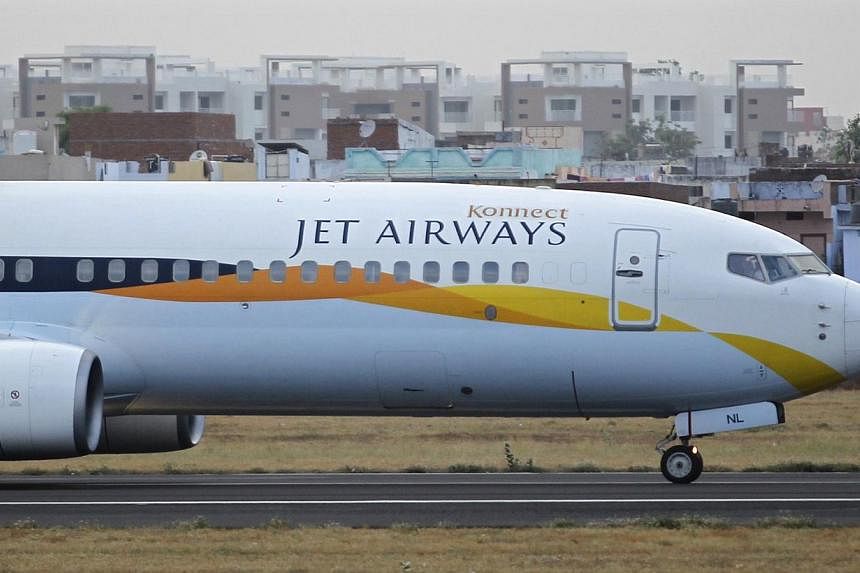This article was first published on Oct 31, 2014
NEW DELHI - Indian Prime Minister Narendra Modi has ordered bureaucrats to forgo the luxury of flying first class and start paying for their spouses' air tickets, as he tries to deliver on a promise to cut the country's fiscal deficit to a seven-year low.
The ban on first-class travel - which could save US$3,000 (S$3,800) on a long-haul flight - is part of an austerity drive launched by Mr Modi yesterday to cut non-planned or discretionary spending by 10 per cent in the fiscal year to next March.
While these small-bore measures follow initiatives New Delhi has relied on since 2012 to trim a bloated deficit, they fit in with the frugal image that Mr Modi, 64, has cultivated since becoming prime minister five months ago.
"There is a need to continue to rationalise expenditure and optimise available resources," the Finance Ministry said in its directive. The ministry has also barred meetings at five-star hotels, the purchase of cars for government officials and the creation of new posts in federal departments.
Furthermore, video conferencing should be used wherever possible, it said.
However, interest and debt payments, the defence budget, salaries and pensions will not be affected.
"Such measures are intended at promoting fiscal discipline, without restricting the operational efficiency of the government," the Finance Ministry said.
India's longest economic slump since the 1980s has slashed tax receipts, forcing New Delhi to scale back public spending by nearly US$33 billion in the past two years to deliver on its deficit goal and retain its investment-grade credit rating.
In its maiden Budget in July, Mr Modi's government pledged to narrow the fiscal deficit to a seven-year low of 4.1 per cent of gross domestic product in the fiscal year to next March.
A slide of 25 per cent in global oil prices since June has made government officials more confident of meeting a tough target without deeper spending cuts.
"This seems to be a pre-emptive step to make up for a shortfall in revenues," said DBS Bank economist Radhika Rao. "As non-plan spending doesn't have a multiplier effect on growth, it's better to cut this than expenditure on plan-spends, so that's a balancing factor the government's trying to retain."
REUTERS, BLOOMBERG

